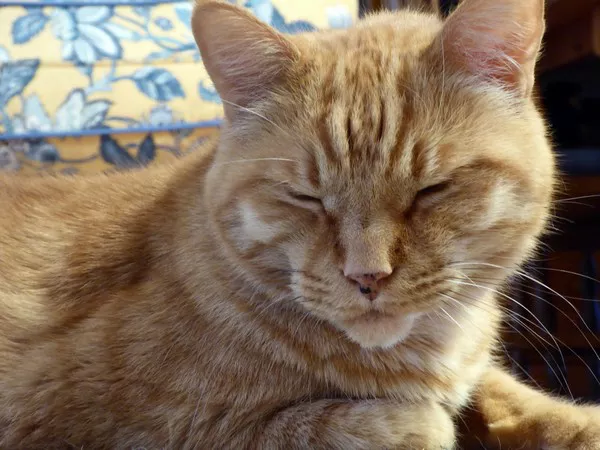Deschutes County Health Services has verified a case of human plague in a local resident, with indications pointing towards transmission likely by their symptomatic pet cat.
The agency disclosed that close contacts of the affected individual have been duly informed and provided with medication aimed at preventing illness.
Symptoms of plague generally manifest in humans within two to eight days following exposure to an infected animal or flea. These symptoms may encompass sudden fever onset, nausea, weakness, chills, muscle aches, and visibly swollen lymph nodes, commonly referred to as buboes.
Deschutes County Health Services emphasized the criticality of early diagnosis, citing the potential progression of bubonic plague to severe and challenging-to-treat illness if left undetected. Fortunately, the identified case was promptly treated during its early stages, thus posing minimal risk to the community, as stated by the agency, which also confirmed no additional cases emerging.
According to the Oregon Health Authority, occurrences of plague are rare within the state, with the last reported case dating back to 2015. The disease spreads to humans or animals primarily through a bite from an infected flea or through contact with an animal afflicted with the ailment.
To mitigate the spread of plague, officials offer the following recommendations:
Steer clear of all contact with rodents and their fleas, refraining from touching sick, injured, or deceased rodents.
When outdoors, keep pets leashed and safeguard them with flea control products. Prevent pets from approaching sick or dead rodents or exploring rodent burrows.
Note that pet cats are particularly susceptible to plague, with infected cats capable of transmitting the bacterium to humans. If feasible, discourage cats from hunting rodents. Consult a veterinarian immediately if a cat exhibits signs of illness post contact with rodents.
Residents are advised to prevent wild rodents from entering homes and eliminate attractants such as food, woodpiles, and other rodent-friendly items around residences and outbuildings.
Avoid camping, sleeping, or resting near animal burrows or areas where deceased rodents are sighted.
Refrain from feeding squirrels, chipmunks, or other wild rodents in camping grounds and picnic areas. Store food and refuse in containers impervious to rodents.
Wear long pants tucked into boot tops to minimize flea exposure. Apply insect repellent to socks and trouser cuffs to further reduce flea exposure.























